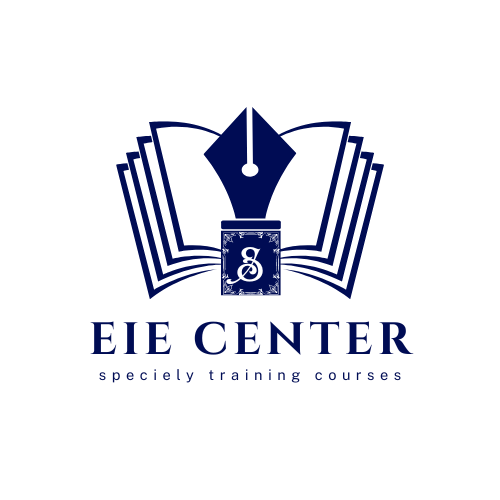Strategic Planning: Communication, Measurement & Implementation

About Course
Whether starting a business, growing a business, or preparing for retirement, the probability of accomplishing your goal increases substantially when you plan it rather than start doing it. Planning is even more critical during challenging economic times or when multiple people and groups must coordinate their actions to accomplish the primary goals, as is true of almost all organizational goals.
In todays challenging economic world, organizational planning has become even more critical to survive and thrive. Most business executives will intellectually agree with the preceding statement, but more than agreement is needed.
Course Objectives
By the end of this strategic planning training course, participants will be able to:
- Understand the concepts and the differences between strategy, planning, goals, and tactics
- Demonstrate how the operating unit strategic plan contributes to the organizations strategic plan
- Master the steps in building a sound strategic plan
- Recognize and review their options during the process to optimize their results
- Create precise, straightforward communication tools
- Build a solid strategic plan that is unique to the organization
- Develop a realistic implementation plan
- Measure their results to make sure the organization is achieving its objectives
- Obtain Best practice planning tools
- Plan process effectively leading to more accurate measurement of success
- Make better decisions on more choices
- Improve efficiency in the planning and implementation process, reducing wasted time
Targeted Competencies
- Strategic thinking
- Problem-solving
- Prioritization
- Best practice tool use
- Communication
- Implementation
- Accurate & useful measurement systems
- Change management
- Business analysis
- Team working
- Presentation skills
- Creativity
Course Content
Unit 1: Introduction to Strategy
- What is it, and how do you effectively create it?
- Major international concepts on what it is AND is not
- Developing and using Strategic Thinking
- Vision, Mission, and Strategy: the relationships between & how to create the natural flow between them
- The steps involved in developing a strategy: a checklist
- Understanding your Unique Competitive Advantage & how to state it
- Formulating strategy and managing change
- Creating a corporate culture of consistent strategic development
- The essence of globalization and global strategy
Unit 2: The Planning Process
- How to build and manage a strategic planning team
- The framework of a strategy: avoiding paralysis by analysis
- Using effective tools such as the new SWOT, Porters 5-Forces, GE, etc.
- Strategy Matrix: understanding options and analyzing business attractiveness
- External analysis: using the PESTLE tool to gain insight and market analysis
- Determining the right strategies for the organization
- Goals & Objectives: the specifics are critical
- Short-term
- Medium-term
- Long-term
- Contingency planning because something always goes wrong
- Documenting the plan
Unit 3: Communication – The Challenge of Getting Everyone On The Same Page
- How do we communicate the plan?
- Using multiple channels to get the message across
- Leveraging people’s learning styles to communicate more effectively
- Communicating strategy through the organization
- Using Your Emotional Intelligence
- Dealing with resistance effectively
- Setting up a Rewards system
- Celebrating success – but not stopping the momentum
Unit 4: Strategic Implementation
- Effective implementation – converting planning into action
- Planning the implementation: Using a project management tool
- Setting expectations: benchmarks, hurdles, milestones
- Creating Team & Tasks
- Setting accountability in place
- Using the Deming model: Plan-Do-Study-Act (PDCA) to increase the success
- Developing action plans that work
- Documenting & Doing
Unit 5: Measurement for Success
- How to develop accurate and relevant measurement systems
- Separating the KPIs from everything else
- Blending the financial and non-financial measurements – the balanced scorecard concept
- Organizational performance review as a baseline
- Using the Balanced Scorecard as a Tool of Success
- Linking the BSC to the strategic (flexible) budget
- Using variance analysis to manage the plan
Enhancing Strategic Capabilities through Performance Measurement Courses
This strategic planning and management course delves into enhancing strategic capabilities through effective performance measurement. Participants will be equipped with the knowledge and skills to devise comprehensive strategic plans and assess and improve those plans by measuring team performance. This segment of the strategic planning training emphasizes the importance of aligning organizational goals with measurable outcomes, thus ensuring that every step taken is a step toward success. Whether you are an implementation manager or a member of a strategic planning department, this course will empower you to not only set measurable targets but also evaluate performance against those targets, an essential skill in todays data-driven business environment.
